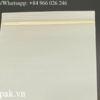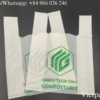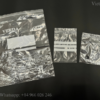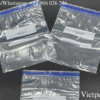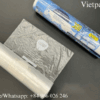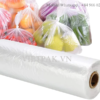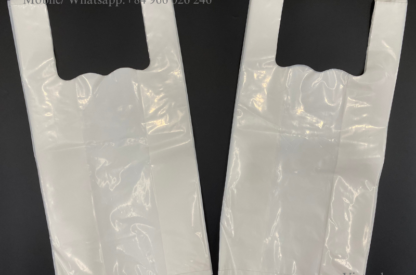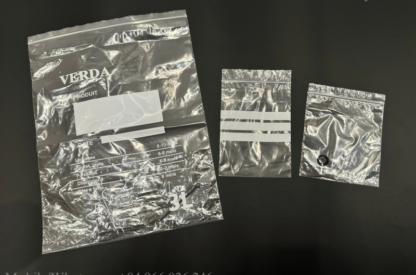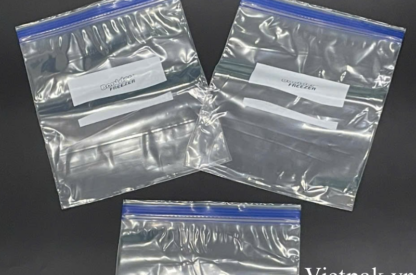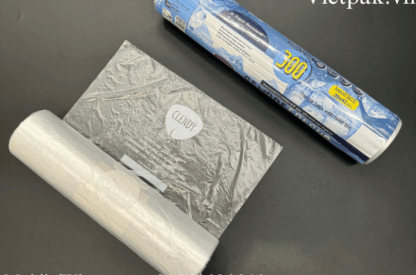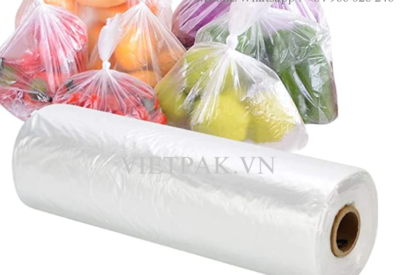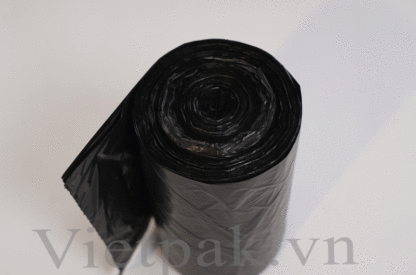Do You Like Paper, Plastic or Cloth Grocery Bags?
When it comes to choosing grocery bags, there are several options available, each with its own advantages and considerations. Whether you prefer paper, plastic, or cloth grocery bags, it’s important to understand the impact of your choice on the environment and consider factors such as durability, reusability, and recyclability.
Paper grocery bags
Contents
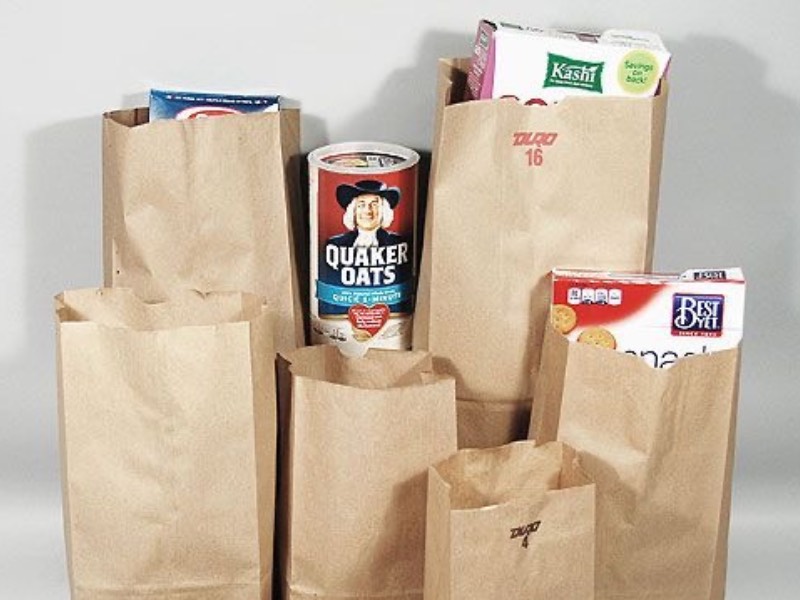
What are paper grocery bags?
Paper grocery bags are a common type of bag for bringing groceries and other things from stores to home. Usually, they are made of paper, which is obtained from trees or recycled materials. When selecting them as a packaging option, paper bags have some benefits and disadvantages that should be taken into account.
Advantages of paper grocery bags
Biodegradability and recyclability
Paper bags are made from natural, renewable resources like trees and are biodegradable and recyclable. They can decompose naturally over time due to their biodegradability, which lessens their environmental impact. Paper bags can also be easily recycled, keeping them out of landfills and encouraging the use of a more environmentally friendly waste management system.
Strength and durability
Paper grocery bags are typically strong and long-lasting. Without ripping or breaking, they can support heavier objects and withstand the stresses of grocery shopping. They are a dependable option for carrying groceries and other items due to their strength.
Customization and branding opportunities
Opportunities for branding and customization: Paper bags offer a flexible canvas for customization. They provide businesses with an efficient way to brand their products and increase their visibility because they are simple to print with company logos, designs, or marketing messages. Customized paper bags can give retailers a unified, expert image while also leaving customers with a lasting impression.
Natural and eco-friendly appeal
Paper bags have a natural and environmentally friendly appeal that resonates with customers who prefer sustainable alternatives. They appeal to those who care about the environment because of their use of recyclable materials and renewable resources.
Drawbacks of paper grocery bags
Vulnerability to moisture
Paper bags have a number of disadvantages, one of which is their vulnerability to moisture. Because they readily absorb water, their structure is weakened and their carrying capacity is decreased. Paper bags may become wet and less reliable for carrying items in rainy or damp conditions, potentially causing spillage or damage.
Limited potential for reuse
Although paper bags can be used again, they might not be as durable as reusable bags made of materials like cloth or strong plastics. Paper bags can deteriorate after prolonged use, giving them a shorter lifespan than more durable alternatives.
Resource-intensive production
Production that uses a lot of resources: Paper bags are made using a lot of resources, including water, energy, and trees. Deforestation and environmental effects are a result of the manufacturing process and the extraction of raw materials. Despite efforts to use recycled materials and sustainably sourced paper, the overall carbon footprint associated with the production of paper bags is still a concern.
Space and storage requirements
Compared to other types of bags, such as plastic or cloth bags, paper bags typically are bulkier and require more storage space. Both retailers and customers who need to effectively manage storage space may want to take this into account.
It’s significant to note that many of the paper bags in use today come from recycled or environmentally friendly sources. Reusable bags or paper bags with recycled content can help reduce some of the environmental issues related to their manufacture and use.
Related content: The Benefits of Choosing Paper Bags for Your Business
https://www.example.com/benefits-of-paper-bags
Plastic grocery bags
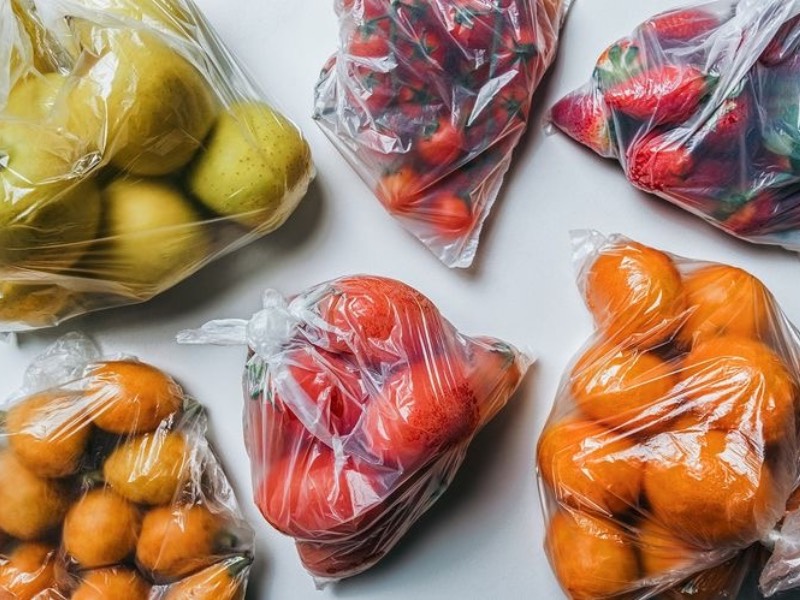
What are plastic grocery bags?
Plastic grocery bags are thin, single-use containers made of plastic materials like polyethylene (PE) and polypropylene (PP). They are frequently utilized by consumers to transport their groceries and other purchases.
Advantages of Plastic Grocery Bags
Convenience
Plastic grocery bags are lightweight and simple to carry, making them an ideal choice for shoppers, particularly when handling numerous items. They are also small and simple to store in a bag, backpack, or vehicle.
Durability
Plastic bags are renowned for their robustness. They offer dependable support for groceries and other purchased items because they are tear-resistant and strong enough to hold heavy objects without breaking.
Water Resistance
Plastic bags have a certain degree of water resistance, which helps shield groceries from rain or unintentional spills. When transporting perishable or liquid goods, this feature is especially helpful.
Cost-effective
Compared to alternatives like paper or cloth bags, plastic grocery bags are typically cheaper to produce. As a result of their affordability being frequently passed on to customers, they are a popular choice among shoppers.
Drawbacks of Plastic Grocery Bags
Environmental Impact
Plastic bags have a significant negative impact on the environment, which is one of their major drawbacks. They are not biodegradable and made from non-renewable resources like petroleum. Plastic bags that are not properly disposed of can end up in landfills, the ocean, and other natural areas, which causes pollution and puts wildlife in danger.
Single-use Nature
Plastic bags are typically made for single-use, which means that they are frequently thrown away following a single shopping trip. This generates a significant amount of waste that must be properly disposed of and may cause landfills to overflow.
Recycling Challenges
Plastic bags can be recycled, but it is more difficult to do so than it is to recycle other materials like paper or glass. Plastic bags can easily tangle in machinery and cause delays in the recycling process at many recycling facilities, which have specific requirements for recycling them.
Litter and Visual Pollution
Plastic bags are lightweight and easily carried by the wind, which causes littering and visual pollution. They frequently assemble in public areas like parks, streets, and bodies of water, causing visual pollution and harming the environment’s aesthetics.
In conclusion, plastic grocery bags are convenient and inexpensive, but they have serious environmental consequences. They are suitable for carrying heavy objects because they are strong and light. Nevertheless, the fact that they are not biodegradable causes environmental pollution and harm to wildlife. Due to their use of fossil fuels in production and their final product, plastic bags also contribute to climate change. Reusable alternatives and campaigns promoting sustainable practices have gained traction as solutions to these problems.
Cloth grocery bags
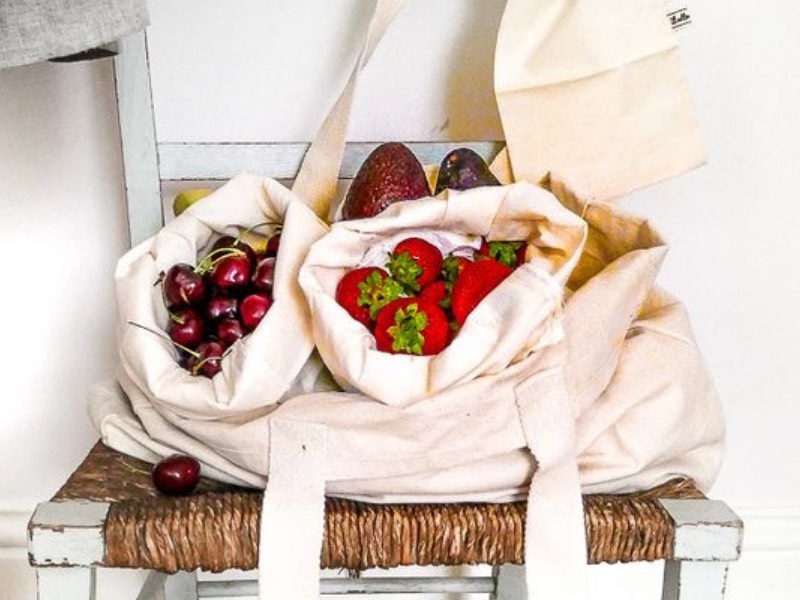
What are cloth grocery bags?
Cloth grocery bags are strong bags made from fabric materials like cotton, canvas, or polyester. They are also known as reusable bags or tote bags. They are made specifically to transport goods like groceries.
Advantages of cloth grocery bags
Reusability and Sustainability
Reusability is one of the main benefits of using cloth grocery bags. Cloth bags, in contrast to single-use plastic bags, can be re-used many times, lowering the need for new bags and reducing waste. By lowering the resource consumption and environmental impact related to the manufacture, use, and disposal of single-use bags, this encourages sustainability.
Durability and Strength
Typically, strong materials like cotton, canvas, or woven synthetic fibers are used to make cloth bags. They can therefore carry heavy loads and are very durable. They offer a dependable option for carrying groceries and other items because they are less likely to rip or break.
Versatility
In addition to using for groceries, cloth bags have many other applications. They can be used as a fashionable accessories or to carry books, clothes, gym gear, beach essentials, and more. They are a sensible option for a variety of situations and activities due to their adaptability.
Customizability
Cloth bags provide the chance for customization. They can be customized with distinctive artwork, logos, or messages, enabling people, companies, or organizations to highlight their branding or express their creativity. Because of this, cloth bags are a popular option for giveaways and green marketing campaigns.
Drawbacks of cloth grocery bags
Initial Cost
Compared to single-use plastic bags, cloth bags frequently have a higher initial cost. But over time, using cloth bags can save money because of their durability and reusability. As part of their sustainability initiatives, many retailers now provide cloth bags at a reasonable price or even for free.
Maintenance
To keep cloth bags clean and hygienic, they need to be maintained on a regular basis. They must be cleaned on a regular basis to get rid of dust, stains, and potential bacteria. When compared to simply throwing away plastic bags, this requires an additional step in the process and may take more time and effort.
Bulkiness and Storage
Compared to small plastic bags, cloth bags are typically bulkier and take up more room. This might be a minor inconvenience if you keep them in cabinets, handbags, or car storage spaces. To make storage and portability easier, foldable and collapsible cloth bags are offered.
Availability
Cloth bags are becoming more popular, but they might not be as easily accessible as plastic bags in all stores or locations. However, you can get around this by shopping with a cloth bag you already own or looking into online cloth bag shopping.
In summary, cloth grocery bags have a lot of benefits in terms of reusability, sustainability, toughness, adaptability, and customization. Although they might have a few drawbacks like initial cost, maintenance, bulk, and availability, their long-term advantages and favorable effects on the environment outweigh these issues. People can help reduce plastic waste, conserve resources, and promote a more sustainable and environmentally friendly way of life by using cloth bags instead of plastic ones.
Ultimately, choosing conscious grocery bag options is crucial for minimizing our environmental impact. Reusable bags, like cloth bags, provide a long-term solution and are strongly recommended because of their favorable effects on the environment. Whether choosing paper, plastic, or cloth bags, it’s critical to think about how those options will affect the environment and make decisions that support sustainability objectives. We can help create a cleaner, greener future by using reusable bags instead of single-use ones more frequently.
LEADING MANUFACTURER
We are a premier plastic bag manufacturer based in Vietnam. Our dedicated team excels in crafting customized packaging solutions to precisely meet the needs of all customers
QUALITY CONTROL
We have a strict quality control system. Our bags are inspected before production, during production, and prior to loading into containers. Our priority is to minimize every defective goods before shipping to our customers
AMAZING SERVICE
Our enthusiastic customer service team always strives to respond to your emails as promptly as possible. We take pride in our ability to consistently deliver high-quality products on time, every time.


